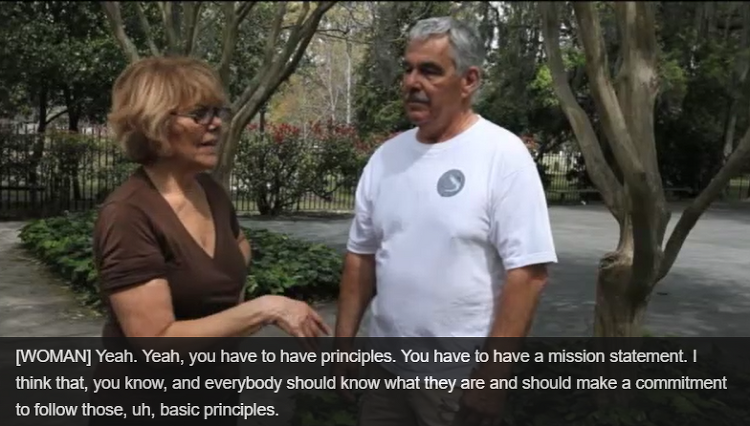21일차. ♣ Unit 2. Corporate culture - LESSON 3 BUILDING AN EFFECTIVE TEAM - [Describing ways to achieve a goal] ※ Describing ways to achieve a goal *Use words like way, method, strategy, approach and technique to describe ways to achieve a goal. Notice that these words all have roughly the same meaning. One way to build an effective team is to allow members to brainstorm project ideas. The best me..


